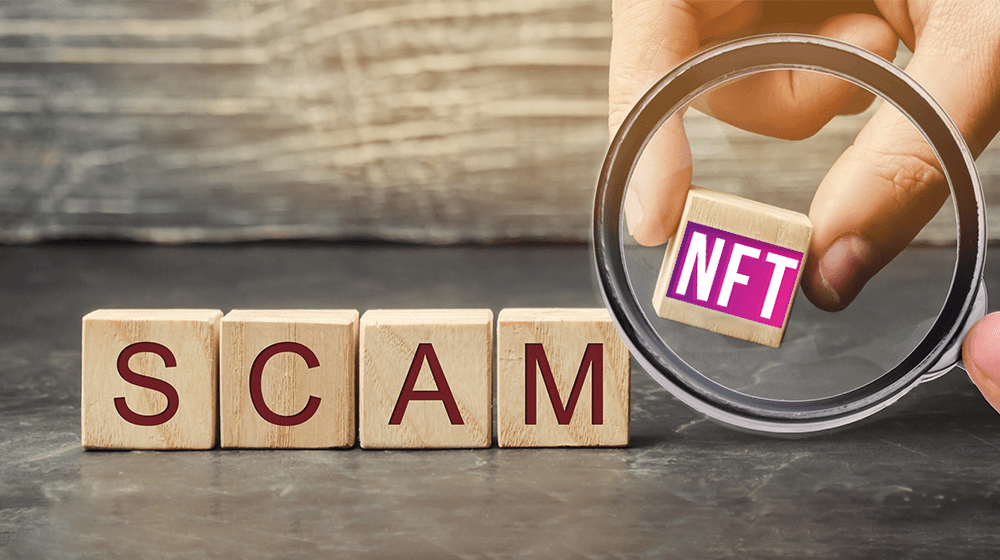Join Our Telegram channel to stay up to date on breaking news coverage
Hackers and scammers have remained proactive in attacking the crypto industry, with the majority of them recently focusing on scamming non-fungible token investors. Hackers had stolen over $100 million in crypto as of March 2023.
Hackers Stole NFTs Worth Over $10M In March
According to Peckshield, a blockchain security firm that tracks crypto and NFTs, roughly $10.9 million worth of NFTs were stolen in March. Nonetheless, the total number of stolen NFTs reduced by more than 30% from the previous month.
#PeckShieldAlert In Mar. 2023, $10.9M worth of #NFTs were stolen, representing a 32.72%% decrease from the previous month
Half of the stolen NFTs were quickly sold on marketplaces within 2 hours
~74.9% of the stolen NFTs were first sold on @blur_io, followed by 19.5% on… pic.twitter.com/ymD891aeSo— PeckShieldAlert (@PeckShieldAlert) April 3, 2023
In an April 3 blog post, PeckShield noted that the stolen NFTs in March were resold two hours later, with more than half of the stolen NFTs quickly resold on major non-fungible token marketplaces. Some included #Azuki #8159 and #7637, which sold each for 12.5 ETH, on Blur NFt Marketplace on March 31.
#PeckShieldAlert #Phishing Stolen #Azuki #8159 & #7637 are just sold, each for 12.5 ETH, on @blur_io https://t.co/VIsBKwD1Xf
— PeckShieldAlert (@PeckShieldAlert) March 31, 2023
Blur NFT marketplace dominated the lion’s share, taking 74.9 % of the stolen NFTs, followed by its rival NFT marketplace OpenSea. Scammer took advantage of the market activities “crypto token airdrop” that was happening at these major marketplaces at the time.
Common NFT Scam Tricks Explained
Hackers and scammers have been using several tricks to scam NFT investors. Some include Fake NFTs, where scammers scam investors by selling counterfeit NFTs and Phishing scams, where scammers send an email or message that looks like it’s from a legitimate NFT platform or website.
Other NFT scam tricks include Investment scams, where scammers often promise to help their victims buy NFTs at a discounted price or sell their NFTs for a higher price than they paid and NFT Hacking, where hackers compromise NFT wallets and steal people’s NFTs.
Scammers also tend to use Fake auctions, where they promote fake auctions for an NFT that doesn’t exist. Hackers may also use counterfeit marketplaces that look similar to legitimate NFT platforms, but they are designed to steal investors’ money.
Related News
- Survey Reveals Higher Risk of Crypto Scams for Younger Investors
- Scammers Hack India’s News24 Twitter Account To Promote Fake XRP Airdrop
- Feds Hit The Jackpot In NFT Scam Investigation
Join Our Telegram channel to stay up to date on breaking news coverage


